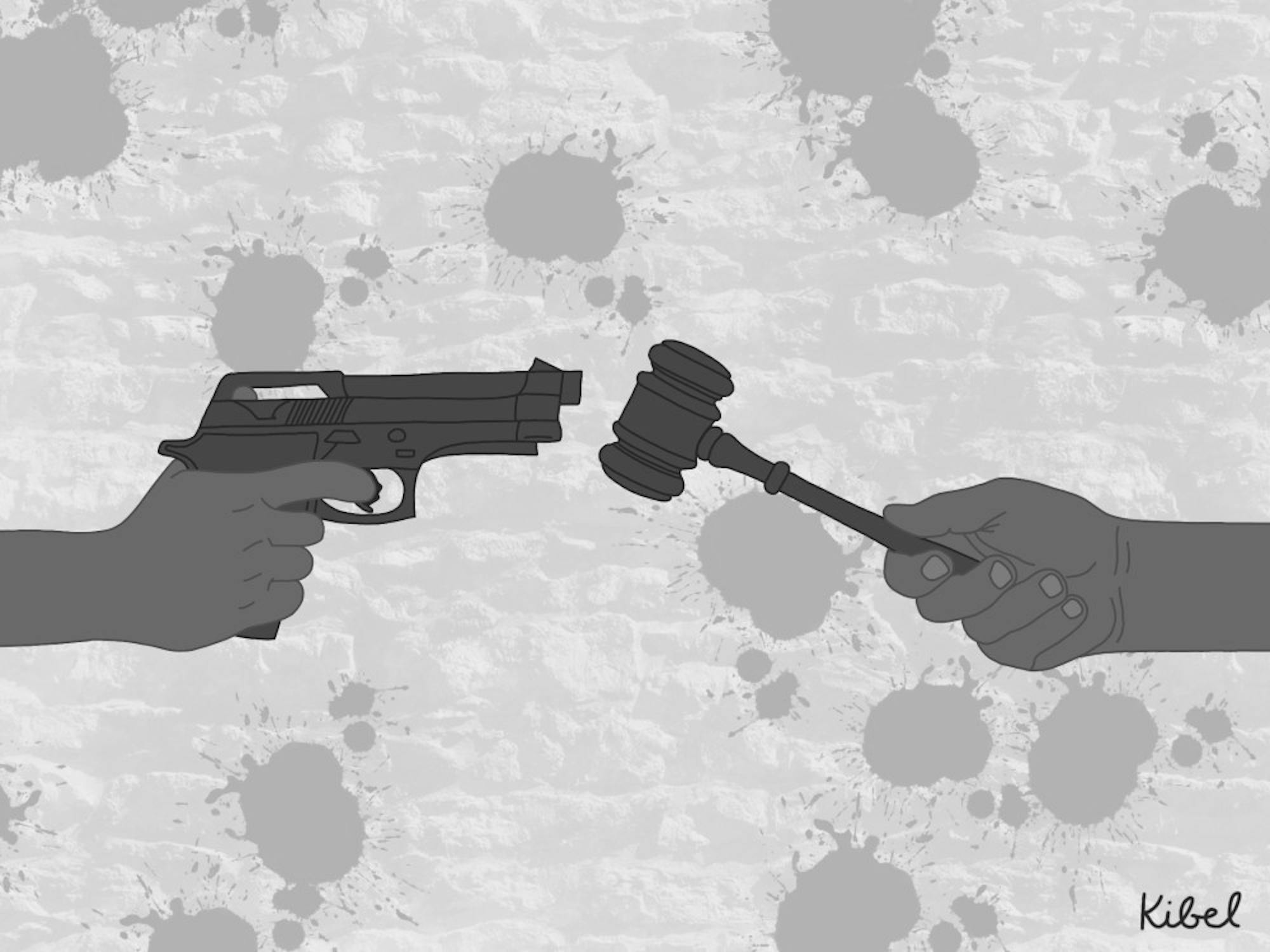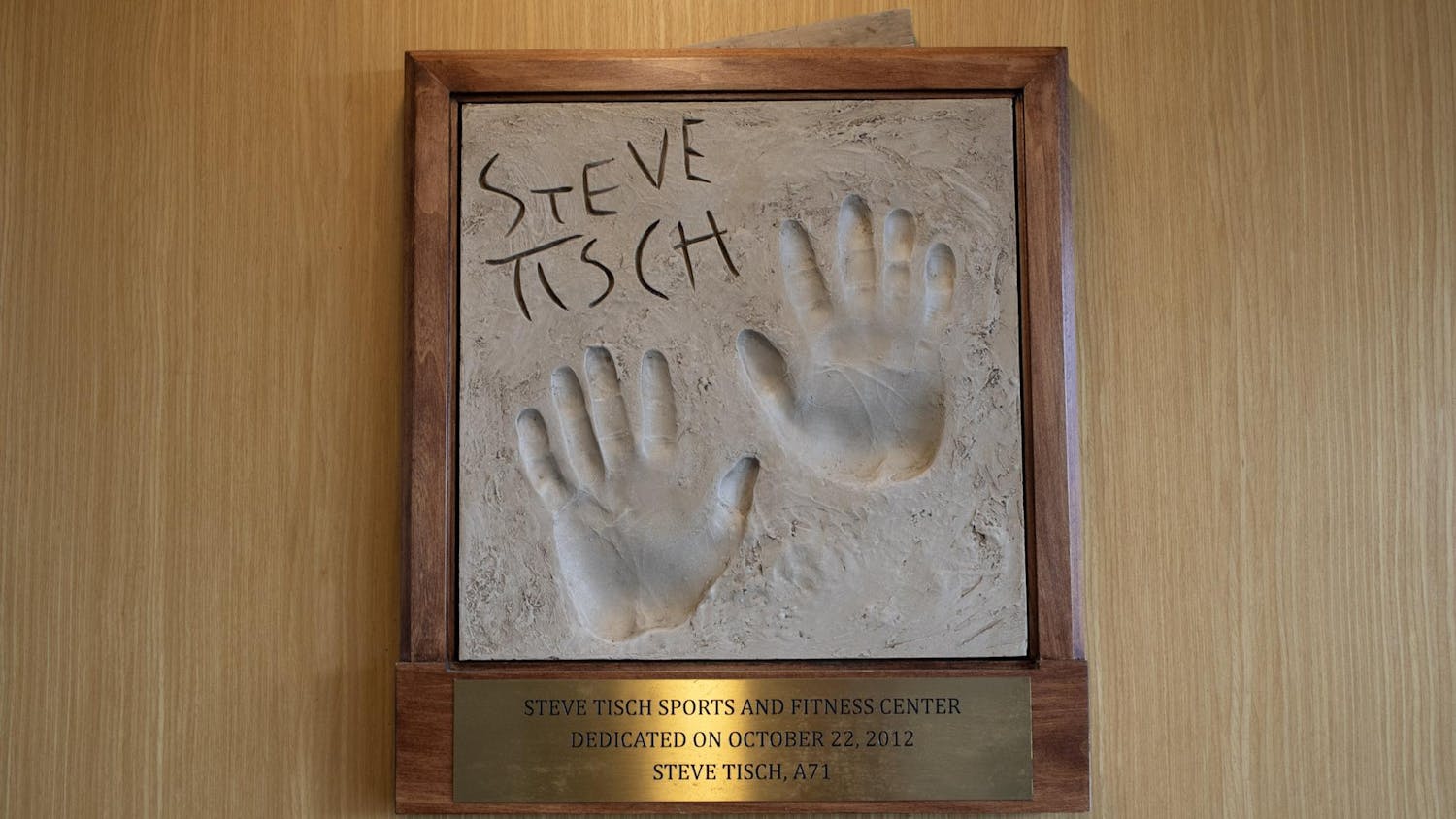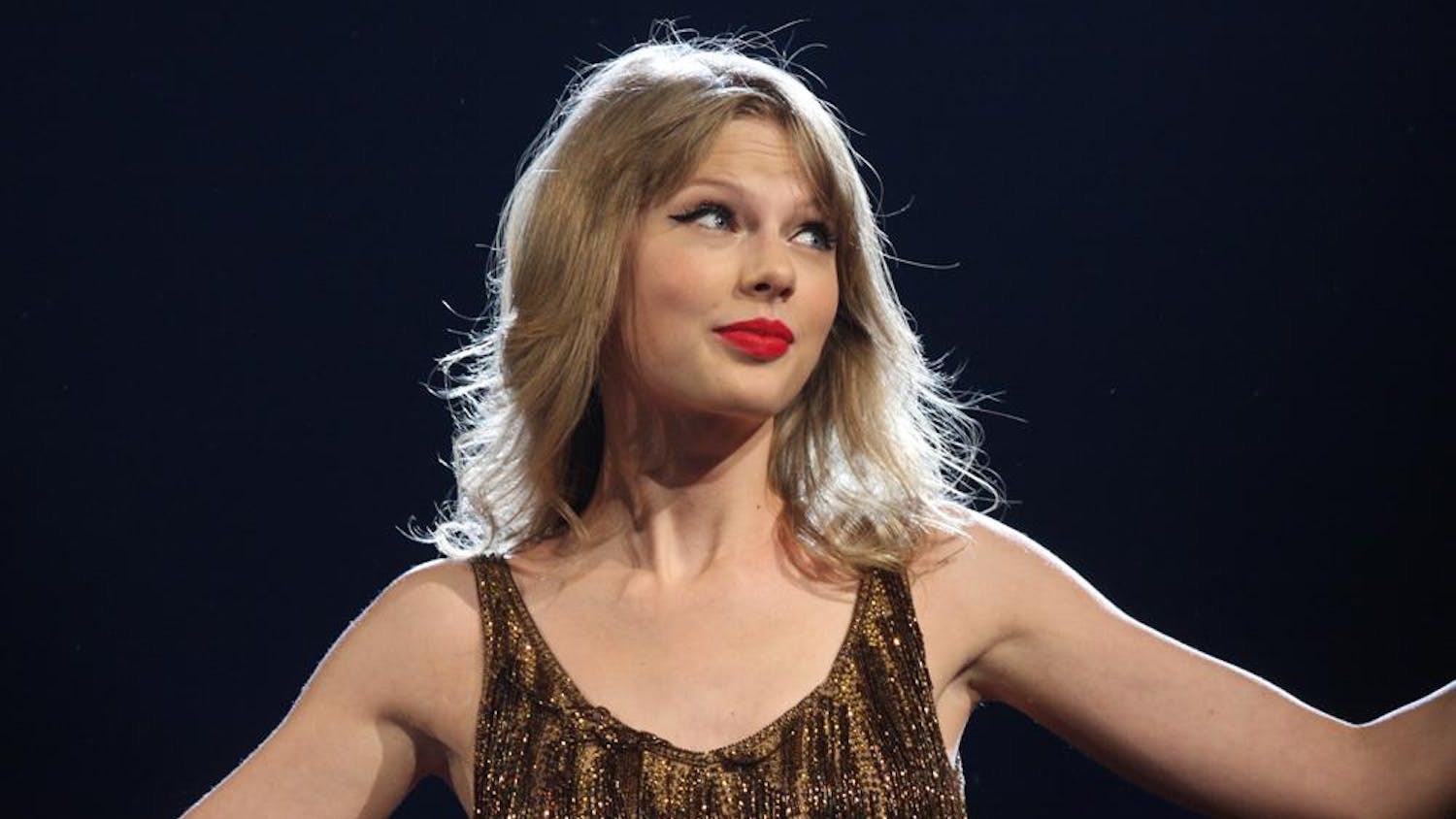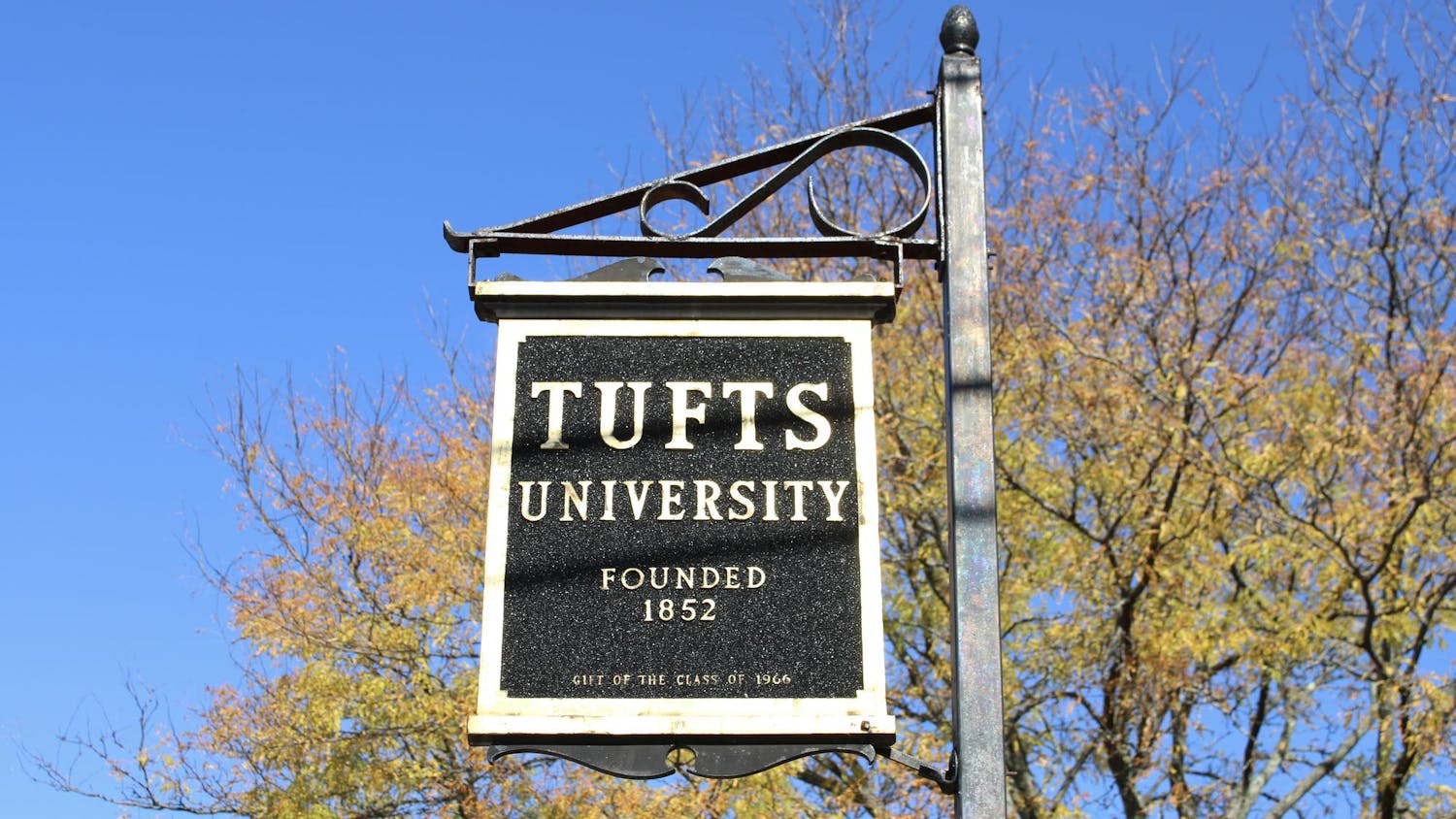Content warning: This article discusses gun violence, death and mass shootings.
During the 2020 protests in Kenosha, Wis. that followed the shooting of Jacob Blake by a police officer, then-17-year-old Kyle Rittenhouse fatally shot two men, Joseph Rosenbaum and Anthony Huber, and shot and injured another, Gaige Grosskreutz. On Nov. 19, Rittenhouse was acquitted on all charges, which included intentional homicide, reckless homicide, attempted homicide and reckless endangerment. This verdict is fully supported by the law — and that’s the issue. The shooting, trial and verdict has revived the national conversation on gun control and racial justice.
Self-defense claims, which were central to the verdict, only examine the immediate situation preceding the deadly incident and don’t take into account the broader situation. The first person Rittenhouse killed had chased him into a parking lot, attempting to take his gun from him. The second individual that Rittenhouse shot attacked him with a skateboard, thinking he was an active shooter. His third victim pulled a gun on him.
When police officers broke into Breonna Taylor’s home in March 2020, this is the same defense that prevented Taylor’s killers from being charged. It was argued that the killing was an act of self-defense because Taylor’s boyfriend shot at the police officers. This obviously ignores the fact that they broke down the door in the middle of the night, and that Taylor’s boyfriend thought they were home intruders.
Still, why was Rittenhouse, who is from Antioch, Ill., in Kenosha in the first place? He and other armed civilians stationed themselves outside a car dealership, allegedly to protect businesses during the protests. He also falsely claimed to be a certified EMT. Though the largely peaceful protests that day did see some property damage, it is the job of law enforcement officers rather than civilians to arrest — and not kill — those individuals. While Rittenhouse’s presence in Kenosha was ostensibly to protect other civilians from violence, he was ultimately responsible for the two deaths which occurred that night.
Misdemeanor charges for carrying a gun were, in fact, dropped before the trial. Wisconsin has open carry laws, but self-defense lawyers have claimed that the specific type of firearm used by Rittenhouse was not a violation, stating that the type of gun he possessed was intended to allow younger owners to hunt. Seventeen-year-old Rittenhouse avoided this charge on account of ambiguities and exceptions in the law. In the state of Illinois, gun ownership requires a Firearm Owners Identification cardor a sponsor over the age of 21. However, Rittenhouse’s firearm was owned by a friend who was of age in Wisconsin —who bought it with Rittenhouse’s money on his behalf. This prevented Rittenhouse from being charged for carrying a firearm over state lines, even though he lives in Illinois.
At first glance, given that all three of the men shot by Rittenhouse were white, this case does not appear to connect to the deep racial inequities in America. However, it is impossible to extricate this incident from its backdrop — the protests following the shooting of Blake, a Black man, by a white police officer.The shooting that left Blake paralyzed came just months after the killing of George Floyd by police officers, which sparked a national reckoning and greatly increased the reach of the Black Lives Matter movement. Social media posts have revealed Rittenhouse to be a supporter of Blue Lives Matter, a movement in support of police officers which rose in opposition to the Black Lives Matter movement. When Rittenhouse showed up at the protests with an AR-15 to protect businesses, he was classifying supporters of justice for Blake as rioters and was ready to kill them if necessary, as implied by the fact that he brought an AR-15, a military-style weapon designed for war.
Additionally, it is clear that Rittenhouse’s status as a white male teenager affected the behavior of the police officers he dealt with the night of the shooting and afterwards. Footage before the shootings shows officers giving Rittenhouse a bottle of water, not at all phased by the fact that he was carrying an AR-15. Witnesses tried to tell police that he was the shooter immediately after the shooting, and when he went to turn himself in at a police station in Wisconsin, he was told to go home. Eventually, Rittenhouse turned himself in at his hometown’s police station in Illinois. A police interview was even stopped when it became clear that Rittenhouse didn’t understand his Miranda rights. As many have pointed out, a Black teenager would not have been afforded these same courtesies.
Many Republican lawmakers and conservative media programs have lauded Rittenhouse as a vigilante hero. Republican Florida Rep. Matt Gaetz has even offered him an internship — an alarming decision. Regardless of the technical legality of his actions, it is clear that a dangerous precedent has been set. Citizens can walk the streets play-acting the roles of trained officers, resulting in people's deaths and no consequences for the killer. It is possible that this case has emboldened other misguided people who want to see themselves as heroes.
Rosenbaum and Huber, as well as countless others throughout our history, have died because of the United States’ obsession with gun ownership and the flaws in our legal system.As I reported in the Daily last year, deaths by gun violence correlate with gun ownership in a country; the United States’ gun homicide rate is 25 times those of other high-income countries. Research has shown that the United States is not more prone to violence but rather the prevalence of guns in our society makes our crimes more deadly. In fact, despite many arguing that the Second Amendment protects Americans by allowing them to defend themselves, research shows that countries like the U.K. and New Zealand who have instituted strict gun control laws have far lower homicide rates. Countless tragic cases, from the death of Ahmaud Arbery — whose killers were convicted two weeks ago — to the recent shooting of four students by a classmate in Michigan, make it clear that American lives are taken, not saved, by access to firearms, regardless of whether justice is served in the aftermath.
Ultimately, Kyle Rittenhouse has been rightfully acquitted of all charges according to the law. But this doesn’t mean that what he did was acceptable. We must fight for greater racial justice and equity in this country, reject the narratives of the right-wing media that support vigilantism like that displayed by Rittenhouse and enact tougher gun control laws to protect all Americans.






